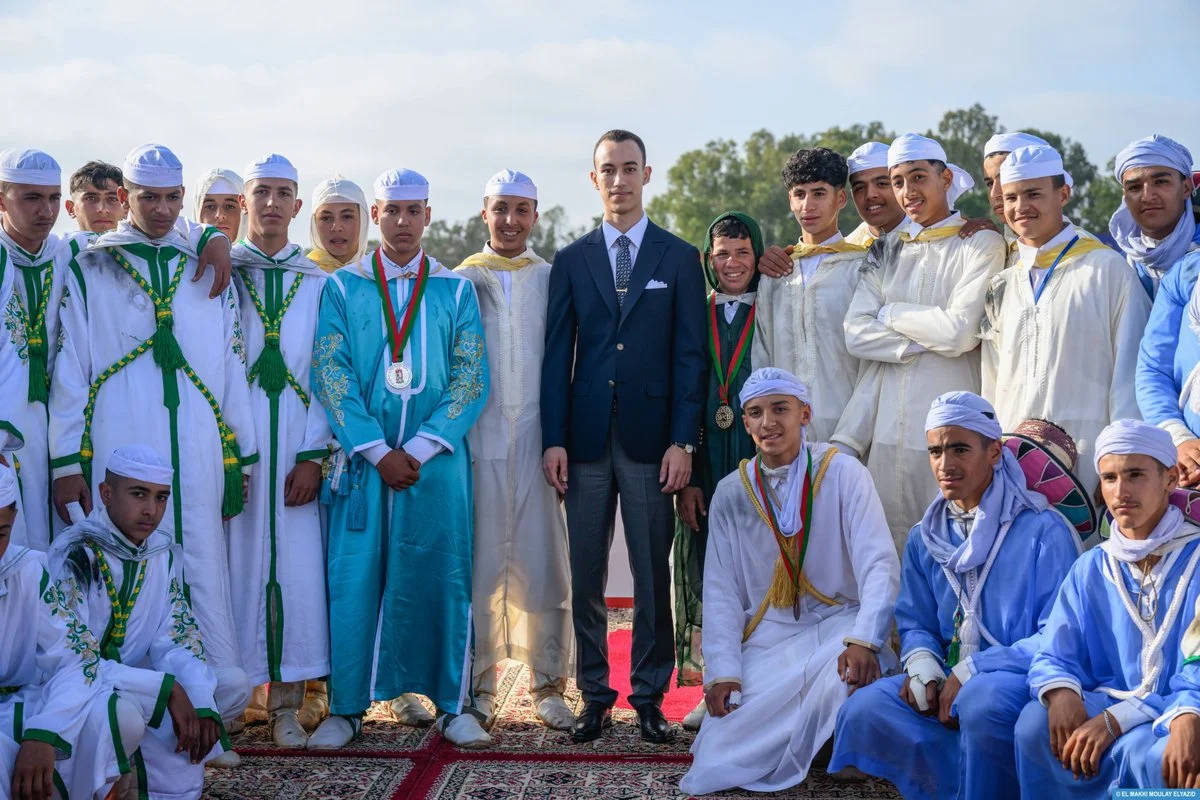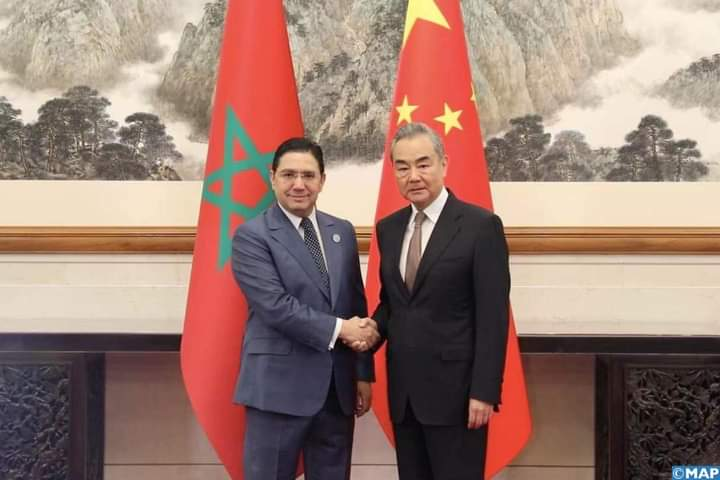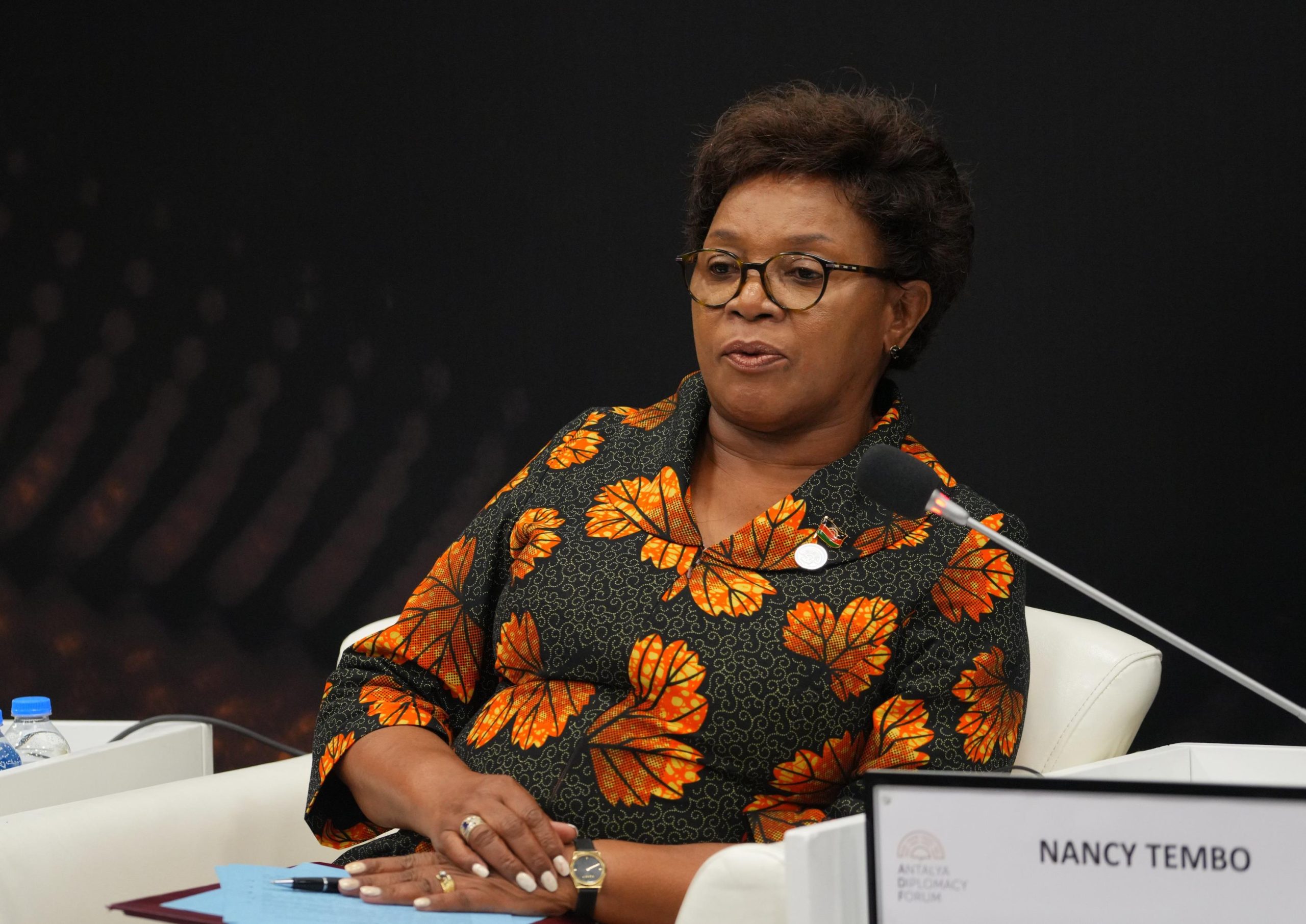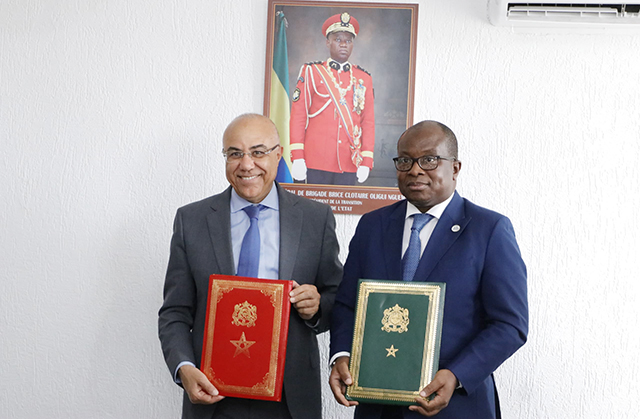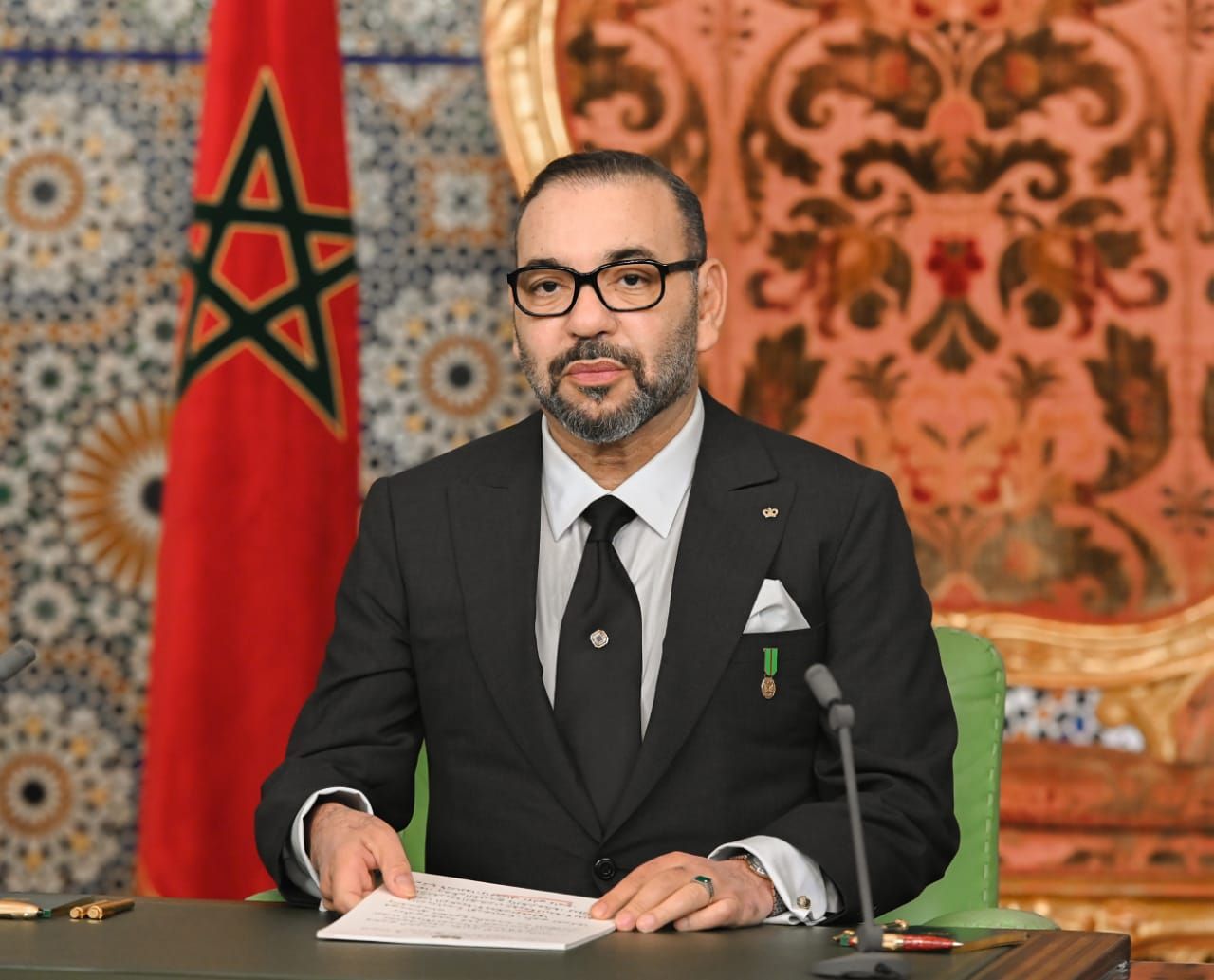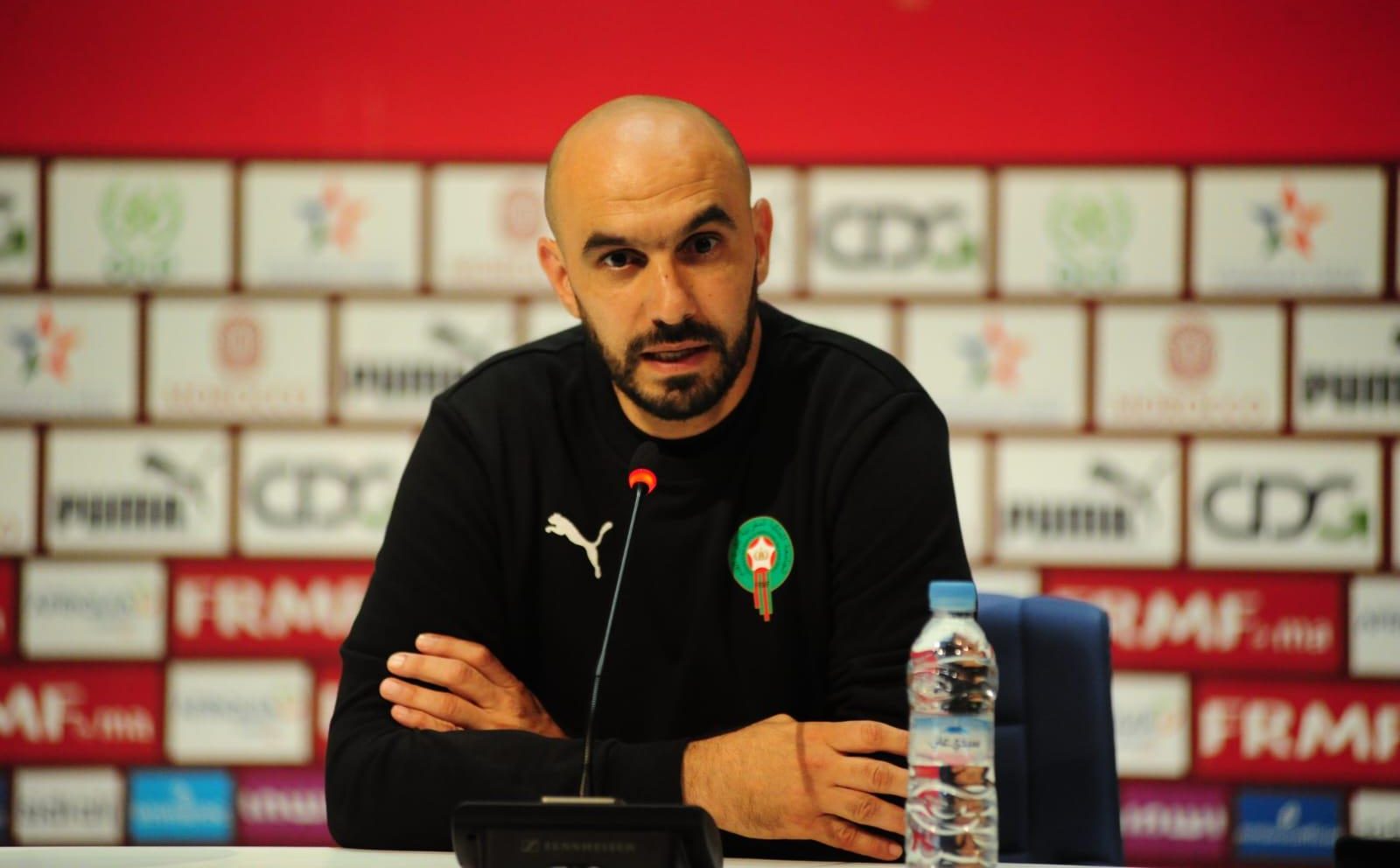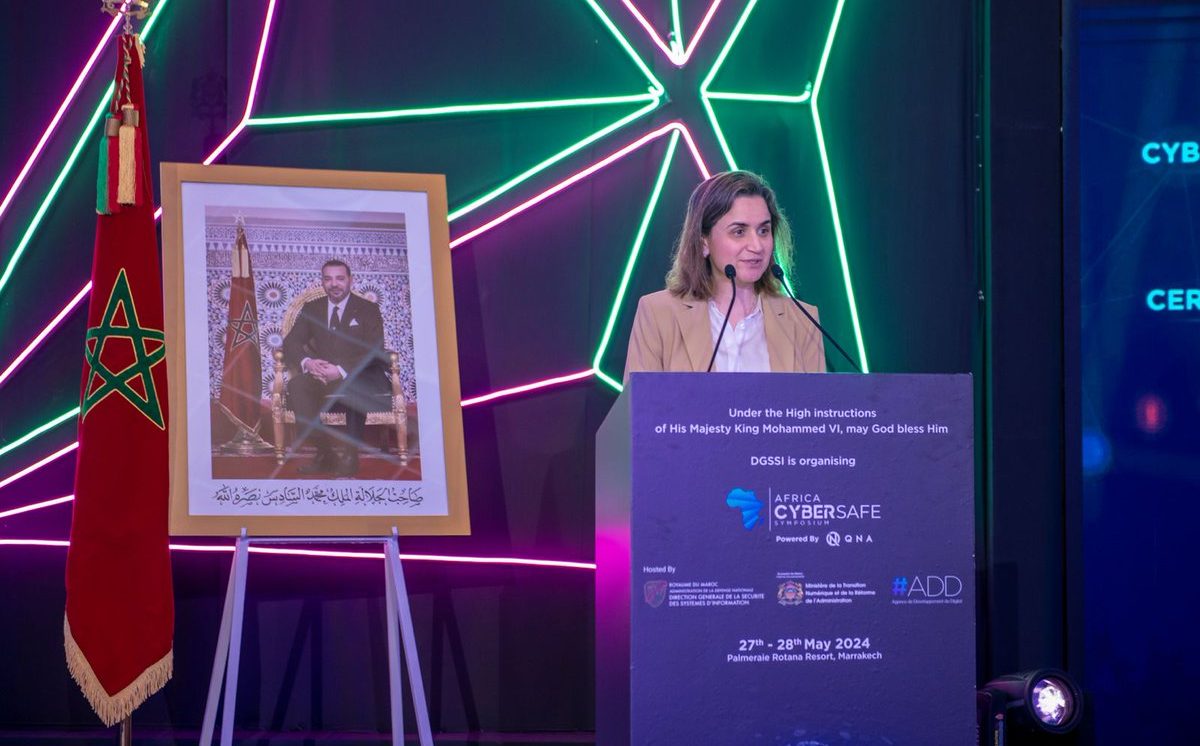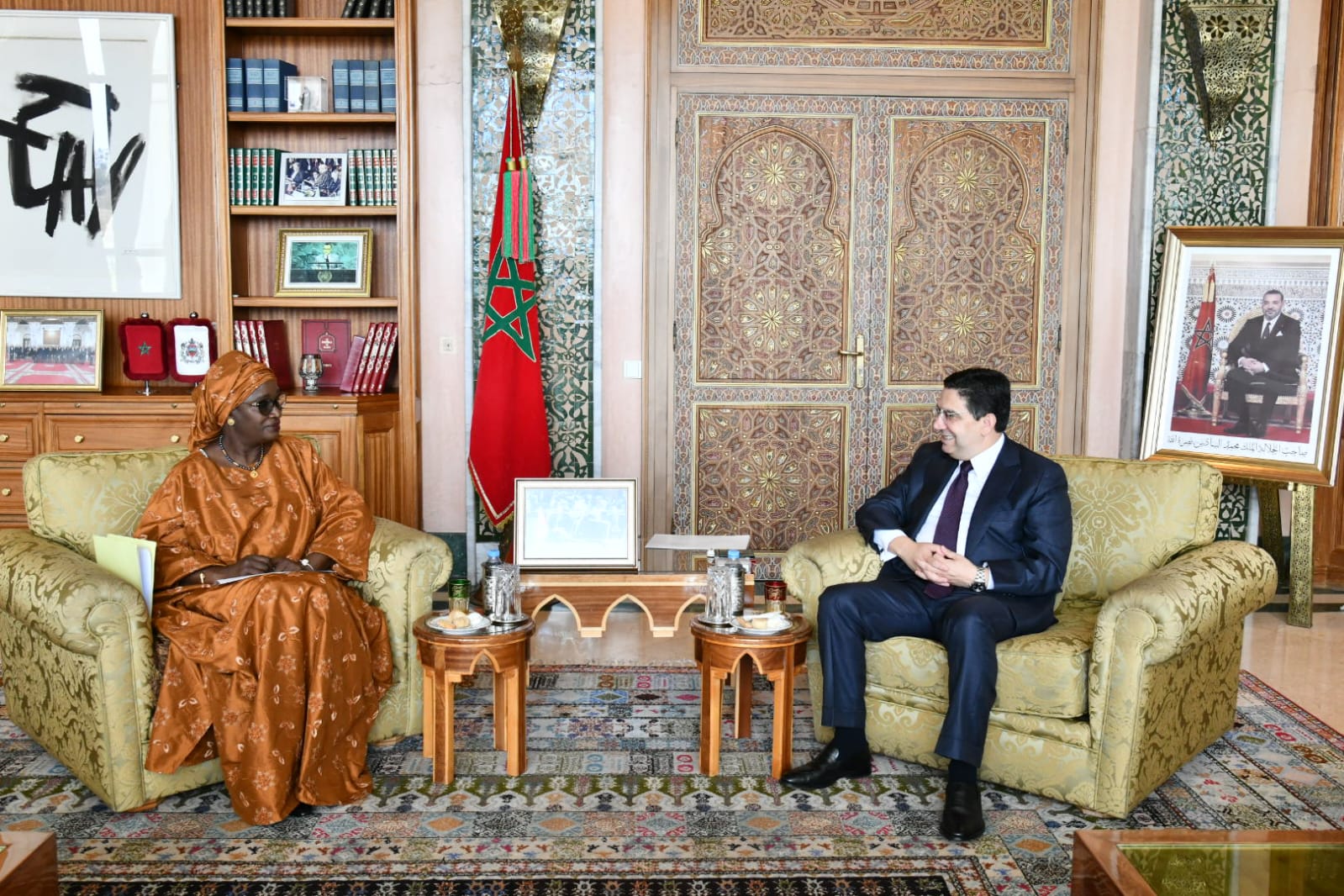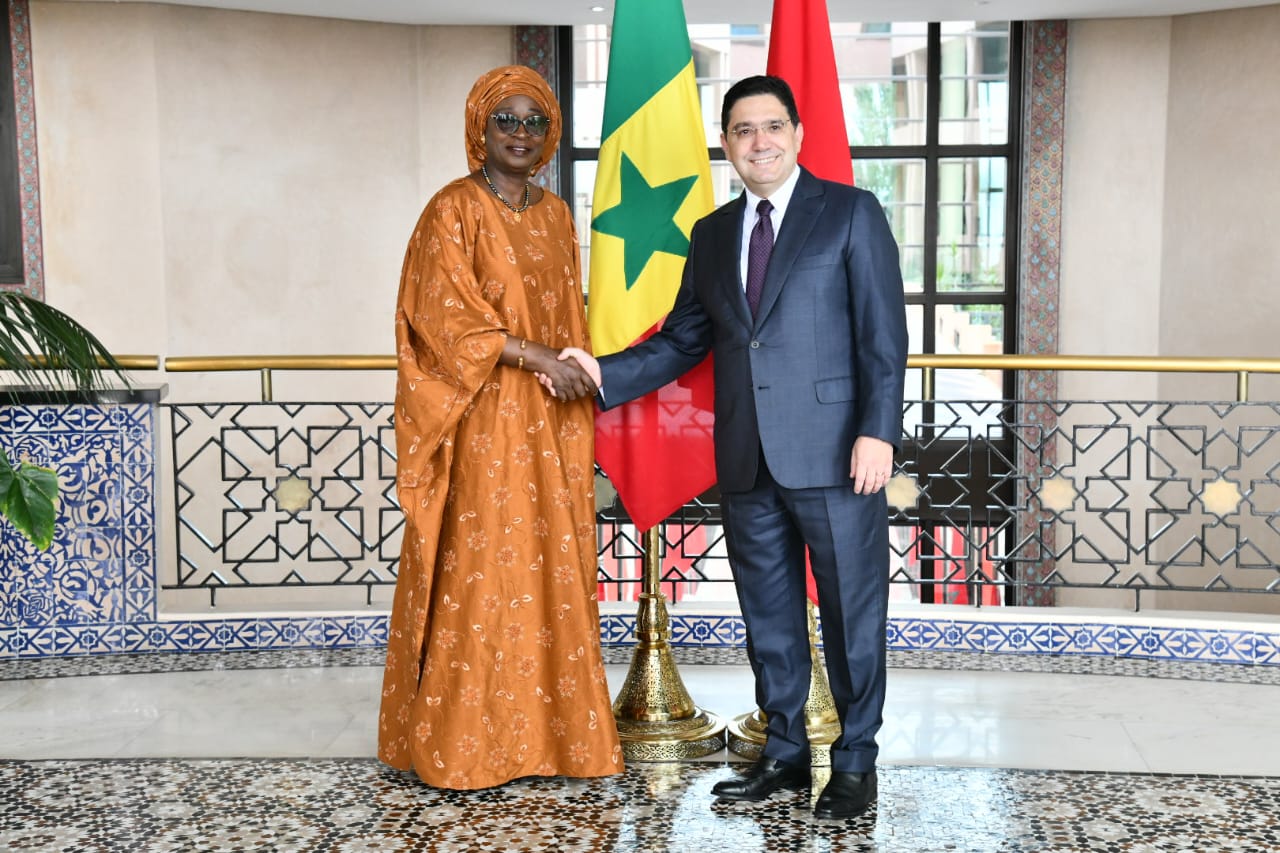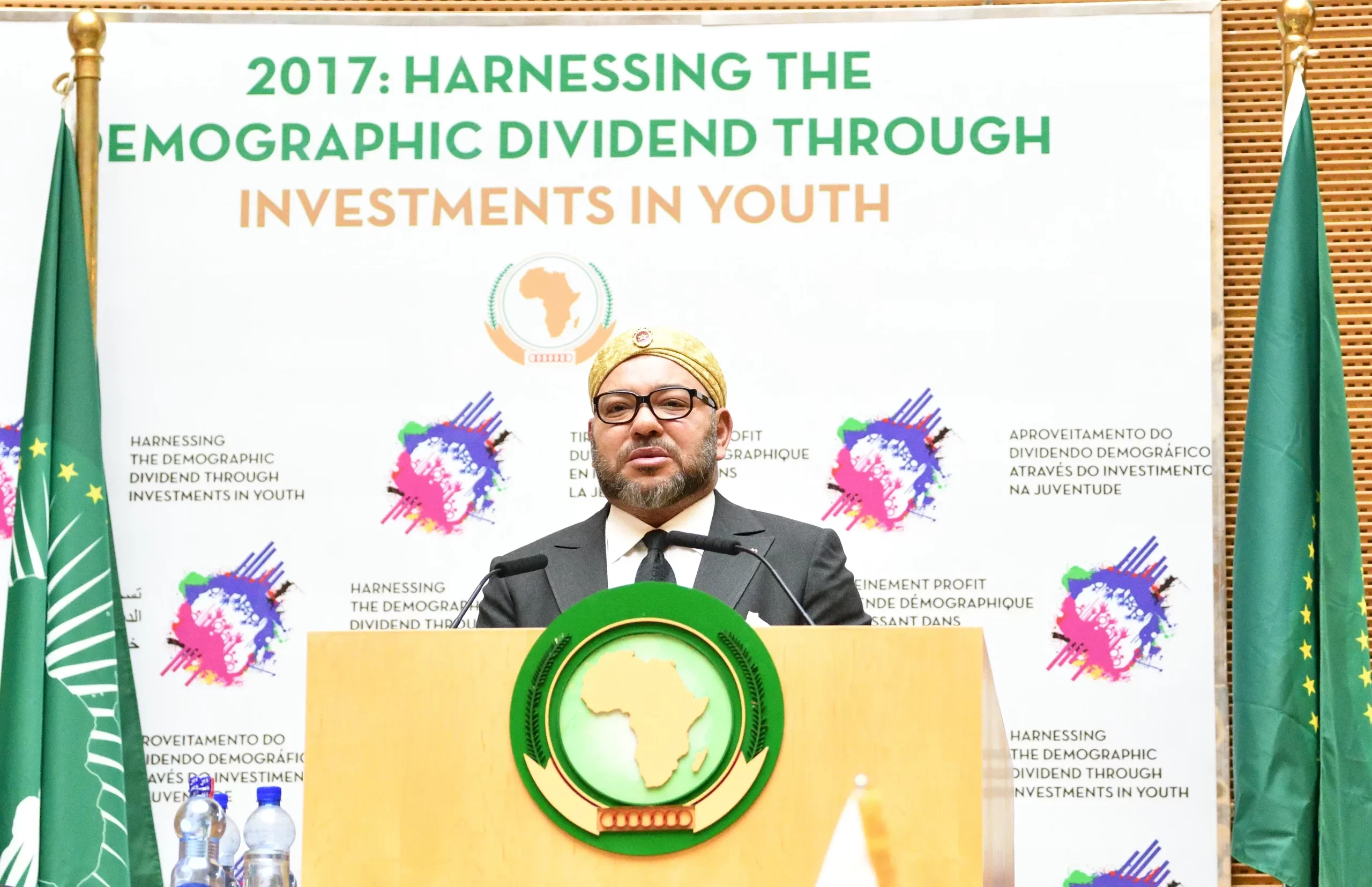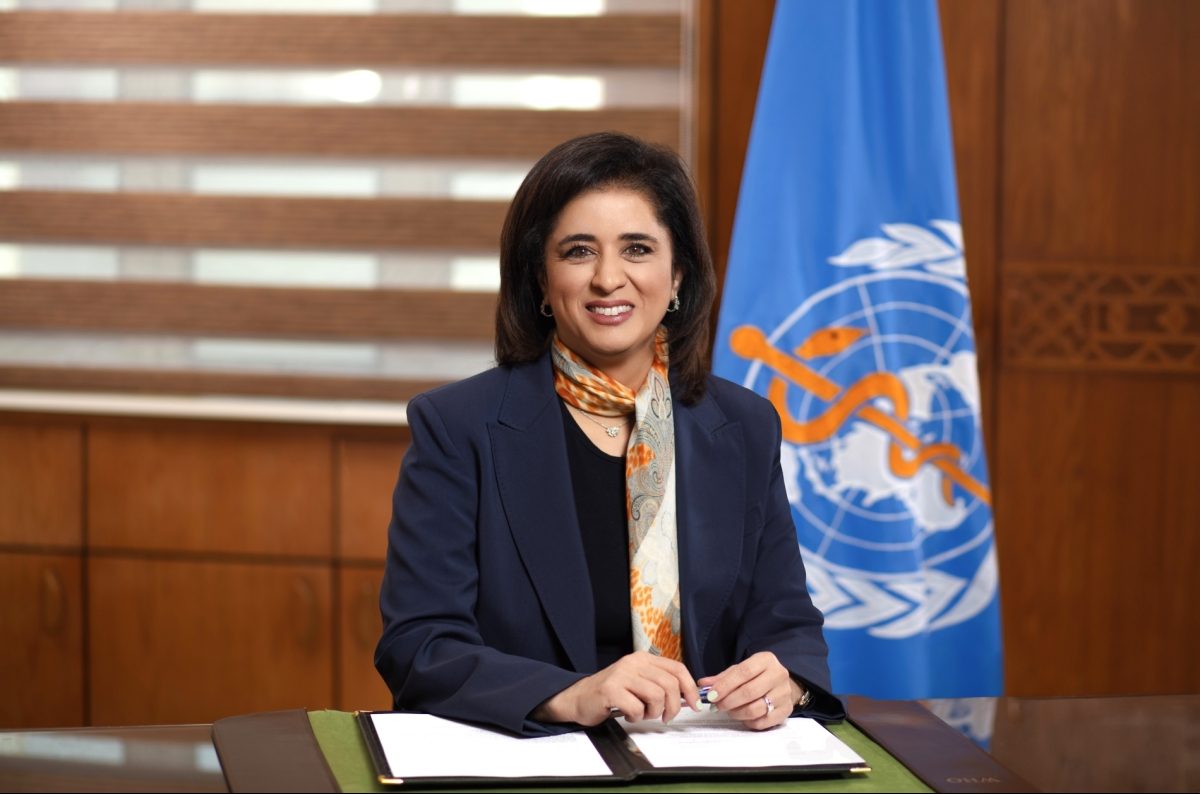Royal Activities
HM King Mohammed VI Chairs Ramadan’s Fourth Religious Lecture
Published
3 years agoon
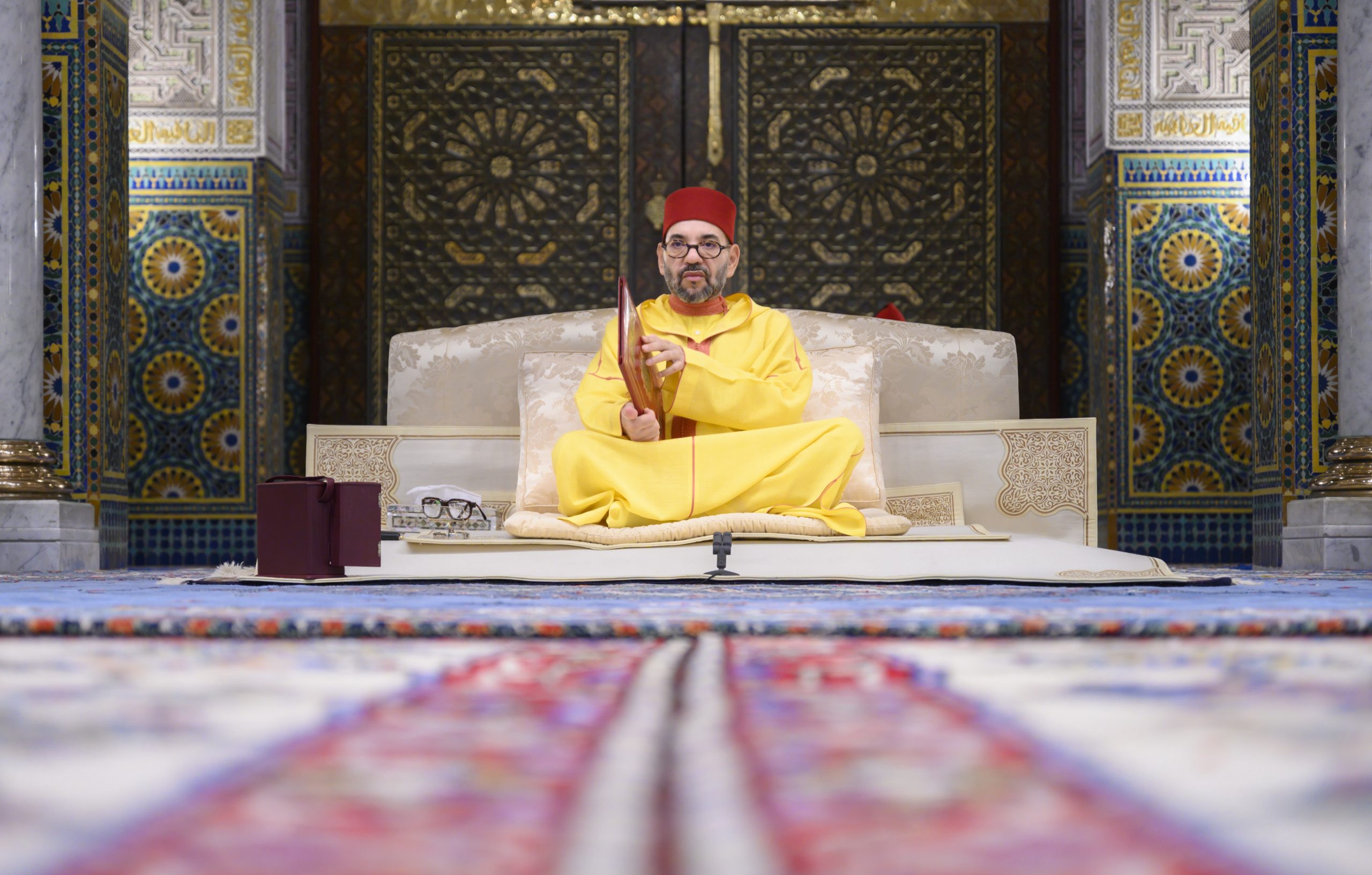
His Majesty King Mohammed VI, Commander of the Faithful, may Allah assist him, accompanied by His Royal Highness Crown Prince Moulay El Hassan and His Highness Prince Moulay Ismail, chaired, Thursday at the Royal Palace in Casablanca, the fourth religious lecture of Ramadan.
This lecture was delivered by the dean of the School of Sharia in Jordan, Abdul Rahman Ibrahim Alkilani, under the theme “the finalities of the Holy Quran and the construction of common and unifying human values”, inspired by the Quranic verse: “O humanity! Indeed, We created you from a male and a female and made you into peoples and tribes so that you may ˹get to˺ know one another. Surely the most noble of you in the sight of Allah is the most righteous among you. Allah is truly All-Knowing, All-Aware.” (Surah Al Hujurat: 13)
At the beginning of the lecture, the lecturer noted that among the great purposes of the Holy Quran is to bring the peoples of the earth closer together and to strengthen cooperation among them, regardless of their race, color, or religion, and to build human convergence points that function as bridges between people.
Alkilani explained that the 13th verse of Surah Al Hujurat is a form of constitutional law for attaining fraternity among people, considering that ignorance is the source of denial, contempt, and suspicion and that mutual knowledge refers to the recognition of the existence of the other.
Noting that the meaning of this verse has no equal in the religious and philosophical heritage of mankind, Alkilani explained that this example sums up the effort of all mankind in the current era to establish numerous systems related to human rights.
The Jordanian professor stated that the content of the verse can only be invoked through its effective implementation since it is one of the prescriptions that Muslims have towards themselves and other people.
The speaker noted the Quranic civilizational vision based on understanding and cooperation between human societies for the welfare of all, through the rejection of all forms of racial discrimination, emphasizing that this vision encourages people to overcome rivalries and confrontations, and prompts them to grow closer and respect the similarities between countries at the level of thought and creativity.
Professor Alkilani also recalled the Quranic discourses and Hadiths that nurture the relations between peoples and countries, which promote affection towards all human beings throughout their existence and insist on the unity of the human race.
According to the lecturer, the world must urgently activate this Quranic discourse as an entry point for the common knowledge of peoples, countries, and civilizations, and for the dissemination of the values of forgiveness and tolerance instead of hostile behaviors, especially in the context of the hateful discourses that fuel several human groupings.
In this context, the Jordanian professor also mentioned the contribution of the scholars of the Ummah in this field, especially their contribution to the 5 goals agreed upon by all human societies, namely religion, soul, offspring, spirit, and money, noting that these great Quranic goals can integrate the countless contemporary methods of building convergent goals, such as cooperation in the fight against poverty, hunger, and unemployment, the fight against diseases and the protection of the environment.
The dean of the School of Sharia noted that despite the fundamental differences between the ethical theory of the Holy Quran and that of the materialistic philosophies and positivist doctrines, there is a vast space for human rapprochement at the level of several values and virtues, bearing in mind that the natural instinct with which Allah created man is a key source for developing moral values.
Professor Alkilani observed during this lecture that all innate moral values are Quranic values and vice versa, as there is no Quranic moral value that does not conform to natural instinct, emphasizing that Quranic moral values are a solid basis for establishing common platforms among people in the sense that they are innate human values.
He recalled in this sense the emphasis of the Prophet Muhammad, peace be upon him, on the role of moral values in building the main commonalities between people and their effectiveness in forging alliances with those who believe in these moral values, pointing out that the Prophet praised Hilf al-Fudul (Alliance of Virtue), concluded during the pre-Islamic era, which sided with the oppressed and restored their right.
Alkinani further stated that this lecture is an encouragement for Muslims to make alliances, join coalitions and sign charters and treaties promoting moral principles and defending righteous causes, such as cooperation in fighting against poverty, illiteracy, and crime, the preservation of the environment and the fight against pollution, or the maintenance of world peace and security.
The lecturer concluded that the Ummah, respectful of the guidelines of the Holy Quran and aware of its purposes and recommendations, is obliged as individuals and leaders to work to strengthen the aspects that bring humanity together and build bridges between peoples, stressing that the ability of the Ummah to achieve human solidarity and mutual aid goes hand in hand with the objectives enshrined in the Holy Quran.
Following the conclusion of this lecture, His Majesty the King, Commander of the Faithful, was greeted by Malian Minister of Foreign Affairs, Worship and Customs, Mohamed Kone, Secretary General of the International Islamic Fiqh Academy of Guinea, Professors Koutoub Moustapha Sano, former law professor at the University of Richmond in the US, Aziza Yahya Mohamed Taoufiq al-Hibri, member of the Supreme Council of Sharia in Lebanon, Mazhar Mohammed al-Hamoui, Head of the section of Mohammed VI Foundation of African Oulema in Burkina Faso, Abu Bakr Doukoure, and Head of the section of Mohammed VI Foundation of African Oulema in Gabon, Ossini Ismail Ossi.
His Majesty the King was also greeted by Head of the section of the Foundation Mohammed VI of African Oulema in Togo, Sheikh Mamadou Abou Doubachi, Secretary General of the National Tijanian League in Guinea-Bissau and Head of the section of Mohammed VI Foundation of African Oulema in Guinea-Bissau, Mamadou Ouré Baldé, Head of the section of Mohammed VI Foundation of African Oulema in Djibouti, Elmi Abdallah Ater, Head of the Islamic cultural gathering in Mauritania and West Africa, Sheikh Muhammad Al-Hafiz Al-Nahaoui, and member of the section of Mohammed VI Foundation of African Oulema in Nigeria, Ibrahim Makri.
You may like
-
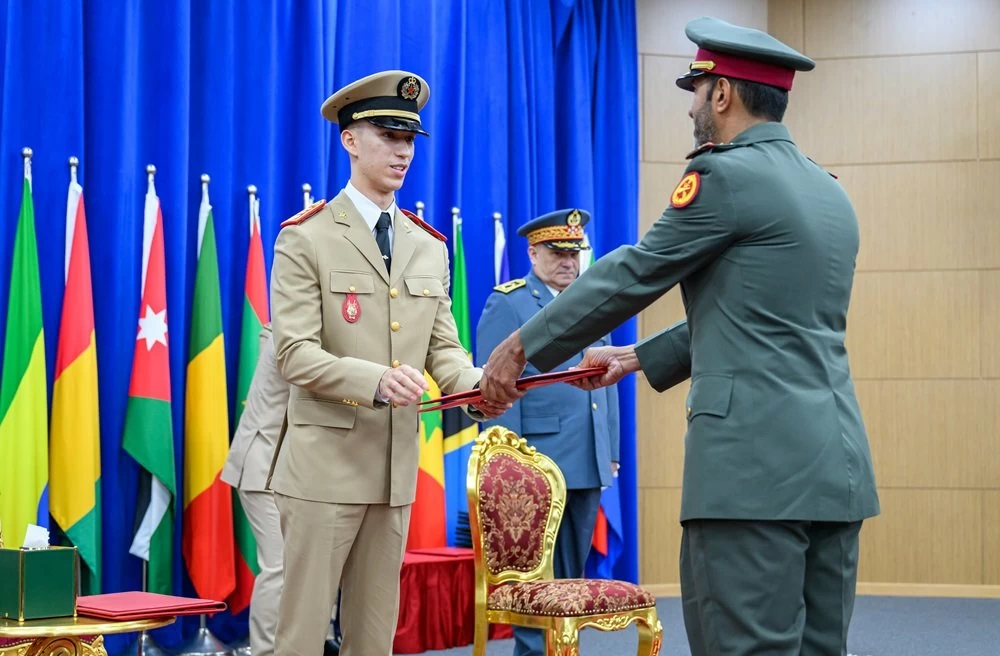

HRH Crown Prince Moulay El Hassan Chairs Graduation Ceremony of 24th Higher Defense Class, 58th General Staff Class
-
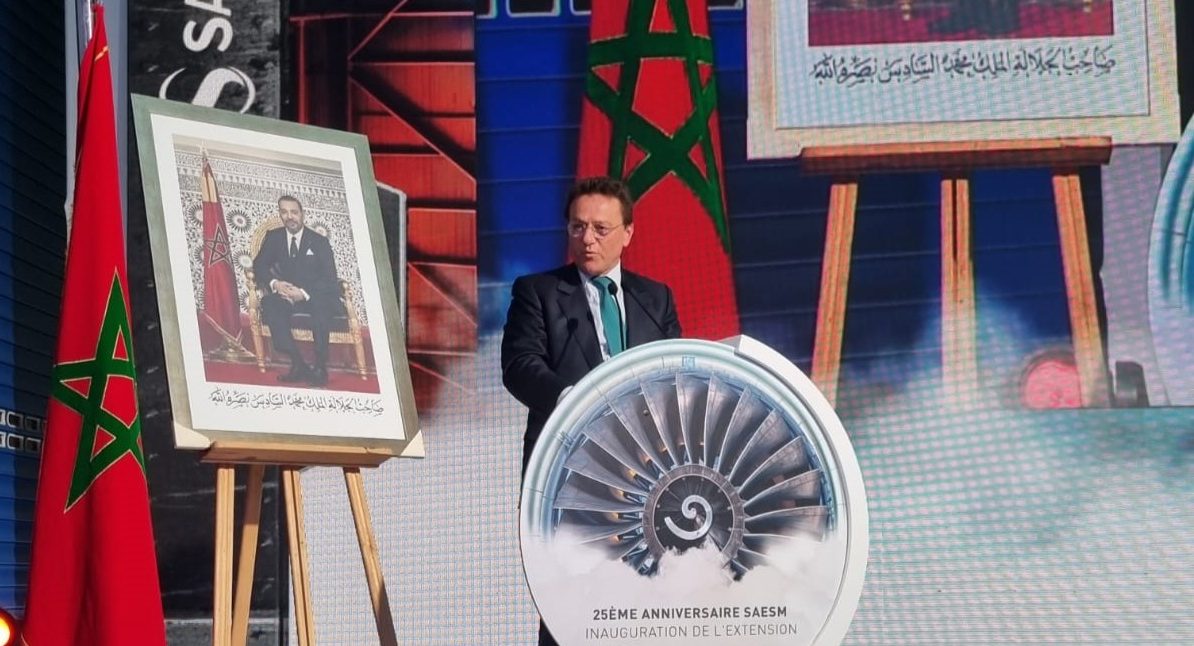

Berlin: Minister Mohamed Abdeljalil Expresses Morocco’s Commitment to Fight Against Climate Change
-
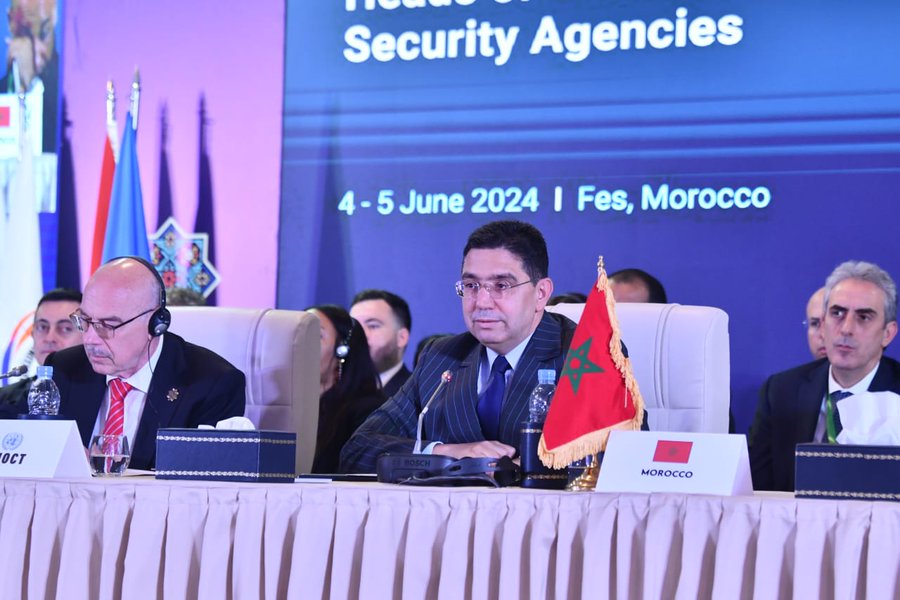

FM Nasser Bourita Sheds Light on Royal Vision Relating to African Cooperation in Counter Terrorism
-
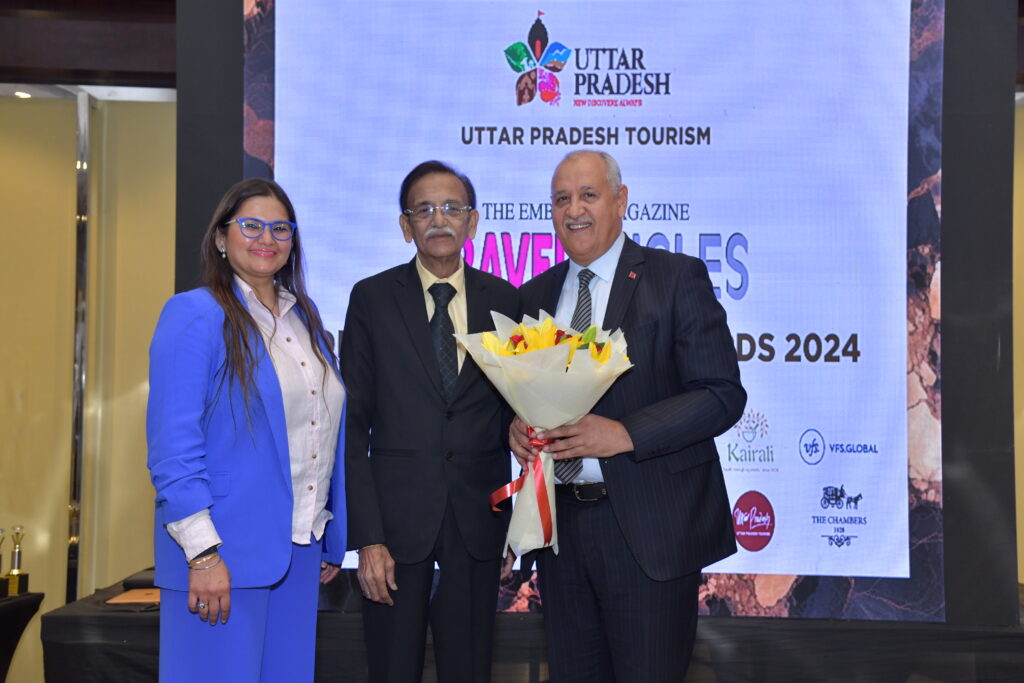

New Delhi: Morocco Named Most Vibrant Destination (TravelJingles)
-
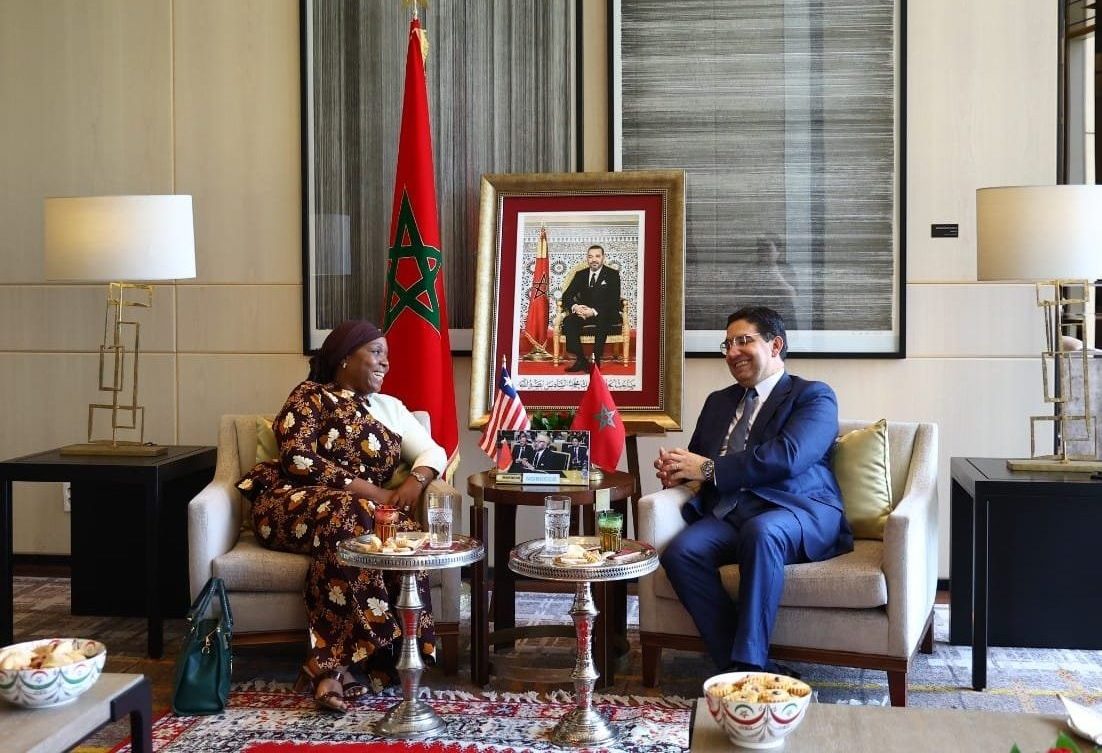

Liberia Reiterates Support For Morocco’s Sovereignty, Territorial Integrity
-
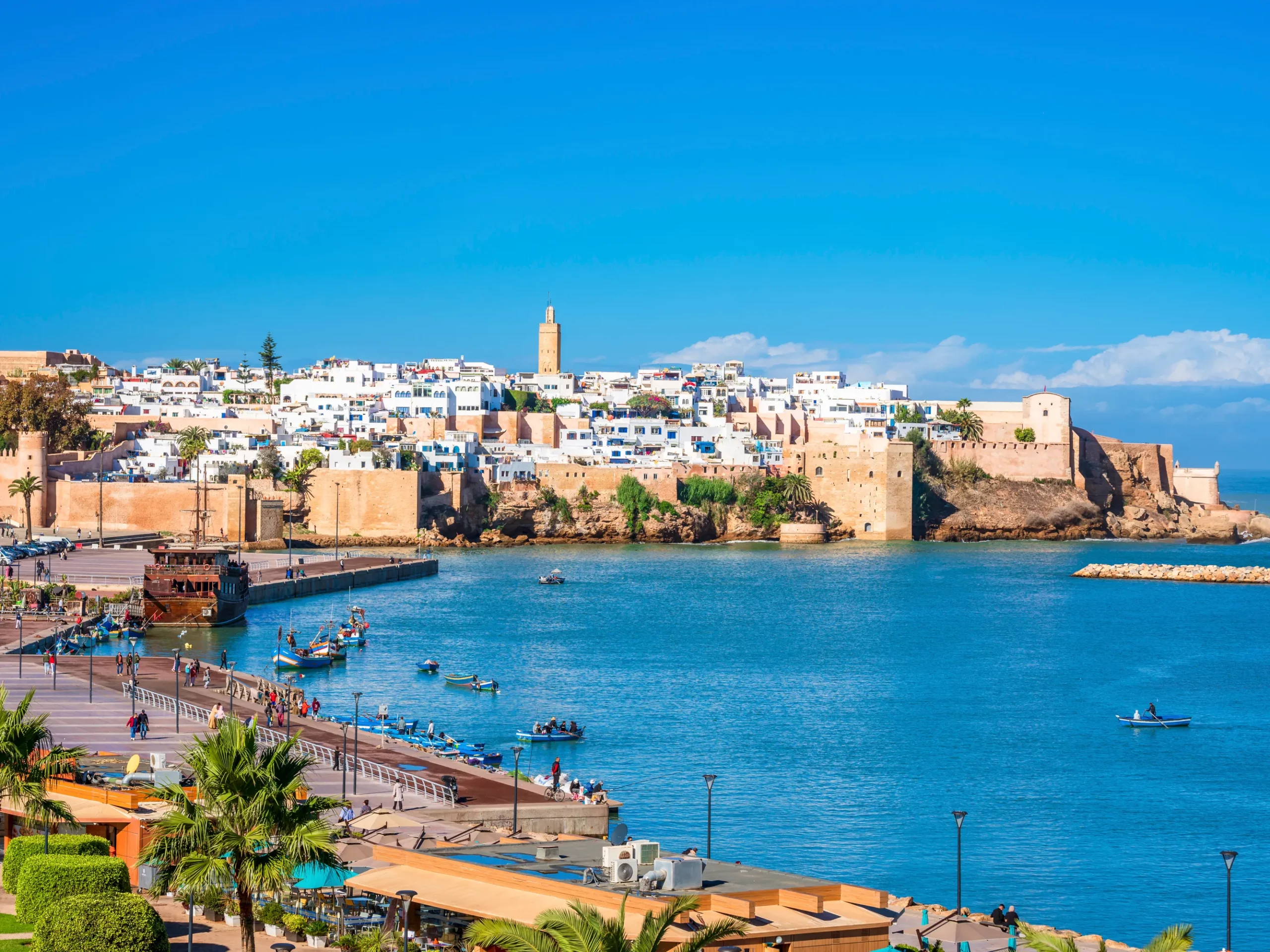

Morocco Among Best Destinations for French Retirees in 2024 (Le Figaro)

